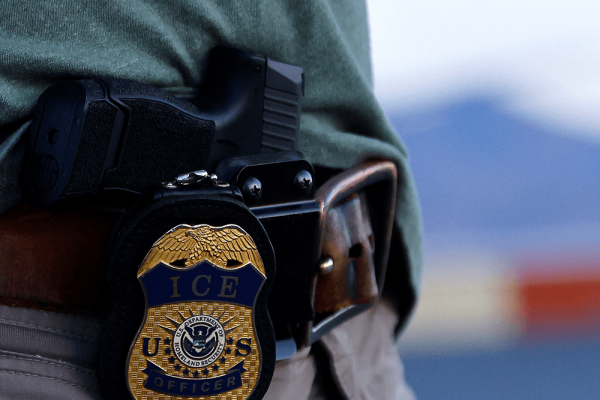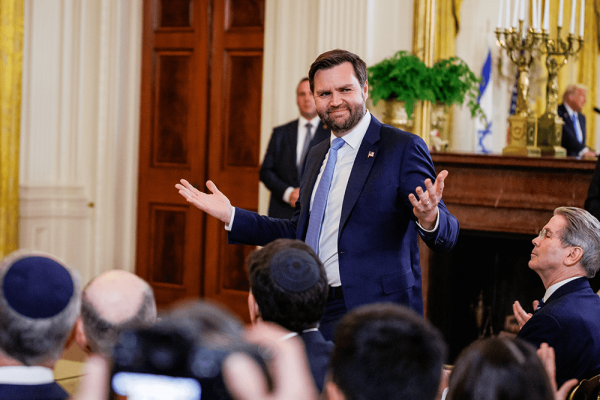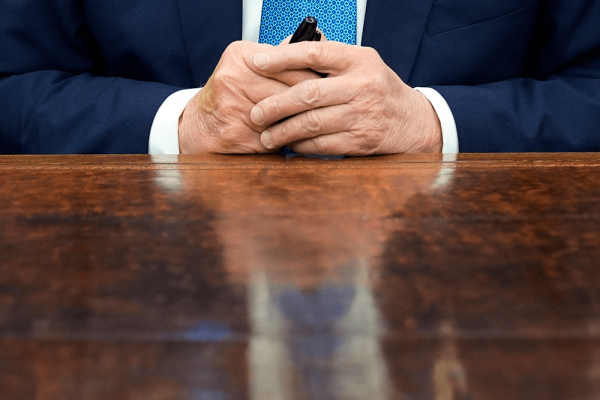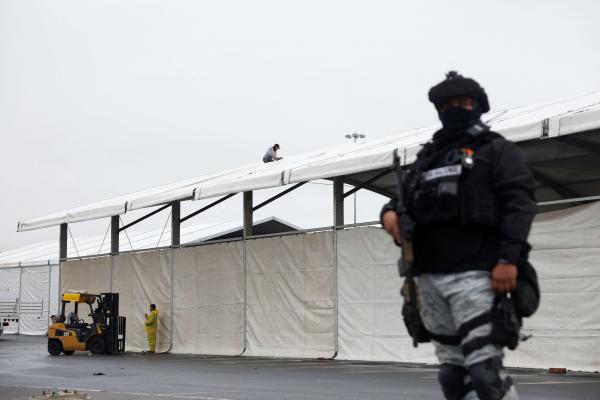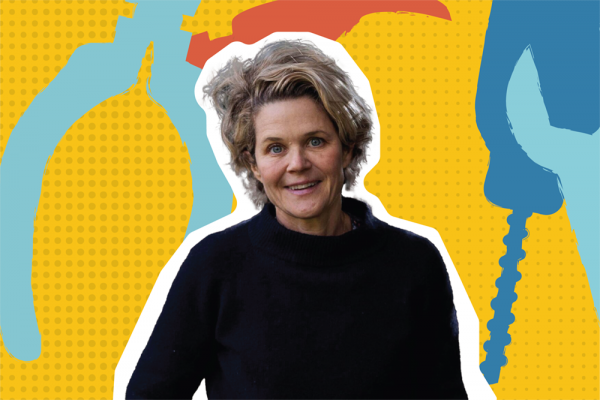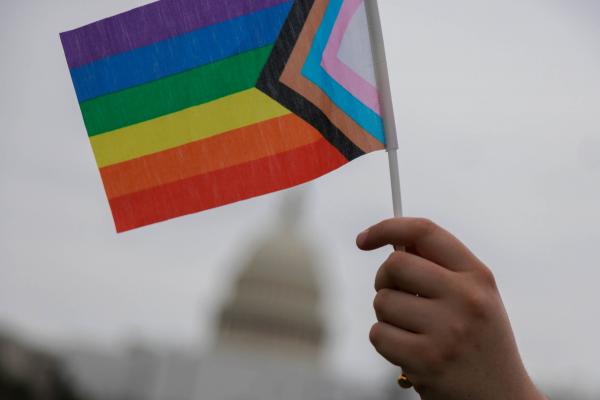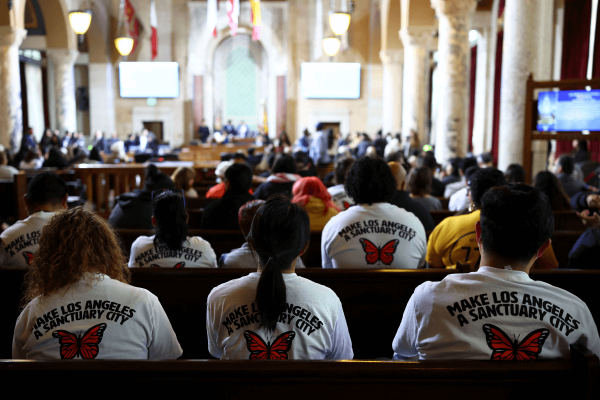Within hours of coming into office, President Donald Trump rescinded a 14-year policy prohibiting Immigration and Customs Enforcement officers from arresting migrants near “sensitive locations,” including schools, hospitals, and places of worship. Here’s how church leaders responded
In an interview with Fox News, Vice President JD Vance claimed that the old Christian teaching of "ordo amoris" justifies the Trump Administration's treatment of immigrants. But a closer look at the writings of Augustine show that "ordo amoris" doesn't mean what Vance claims it does. In fact, it teaches almost the exact opposite.
Whatever multitasking, social media doomscroll, or email hell you’ve got yourself in right now, I want you to slow down, take a deep breath, and give your full attention to this interview.
“It was chaos,” sighed Stacey Hall Burge, CEO of Found House Interfaith Housing Network, which provides emergency shelter and programs for families dealing with housing loss and insecurity in the Cincinnati area.
“From Monday to Friday, we had no specifics, no clarity,” said Burge, recounting the past week at her organization. “There are rents and supports for hundreds of families I am not sure how to pay right now. Families that worked hard to get off the streets, who may go right back. Many of them working, but unable to fully afford rent in the current housing crisis,” she told Sojourners in an interview over Zoom.
Trump's barrage of executive orders, policy decisions and campaign appointments is overwhelming in its extremism. It is designed to provoke a feeling of panicked helplessness among those who oppose his plans for immigrants, LGBTQ+ people, and other targets of his vision for our country. But we do not have to give Trump what he wants and, by staying rooted in our faith, can undermine his campaign of shock and awe.
Mary wraps the child in cloth and lays him in a manger. When churches tell this story, we focus on the tenderness embodied in this routine act. Swaddling helps babies feel safe and secure while sleeping—mimicking the uterine embrace.
Democratic Party leadership presented the 2024 presidential election as a choice between Donald Trump and democracy. That messaging seemed not to resonate with the majority of voters as Trump is now president. Despite his extreme policy stances, Trump captured nearly two-thirds of the Christian vote. Trump and his ilk will accelerate the nation’s lurch toward authoritarianism, Christian nationalism, and fewer rights for already marginalized communities. The campaign promises of then-candidate Trump — many of them already being enacted — will devastate millions.
In 2019, poet and reporter Eliza Griswold began reporting on Circle of Hope, a church founded in the spirit of a radical evangelicalism that motivated the likes of Tony Campolo, Ron Sider, and Jim Wallis. Her new book, Circle of Hope: A Reckoning with Love, Power, and Justice in an American Church documents her experience.
The church, founded in 1996 by the couple Rod and Gwen White, had spread to four locations by 2019. Griswold saw the flourishing, growing community as an intriguing example of evangelicalism untied from the Religious Right.
Progressive churches or worship communities often present as accepting places — displaying LGBTQ+ flags or signs on their property or preaching messages that emphasize accepting and affirming LGBTQ+ people. Those are good places to start. But as the U.S. government escalates its discrimination against trans people, it is also necessary that religious communities escalate their support of the trans community. For communities that want to stand in solidarity with trans people, here are five additional action steps that you and your religious community can take.
In this anxious moment, I find it helpful to remember a similar era from the late 19th century, a time when Chinese migrants, under threat of mass deportation, collectively resisted with one of the greatest instances of civil disobedience in U.S. history. Following the passage of the 1892 Geary Act, which continued barring Chinese laborer migration and required all Chinese residents to register as aliens, about 90,000 Chinese — roughly 9 out of 10 Chinese in the U.S. at the time — defied unjust government orders to protest their racial treatment.
